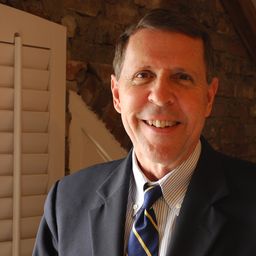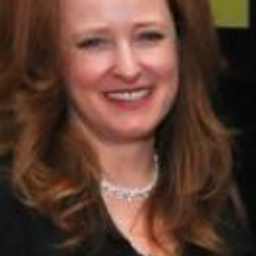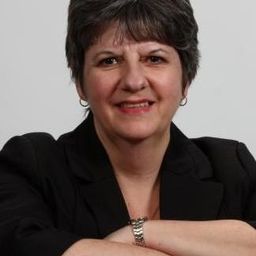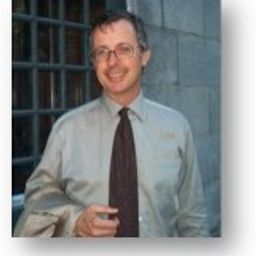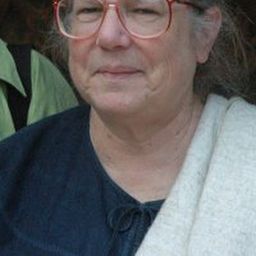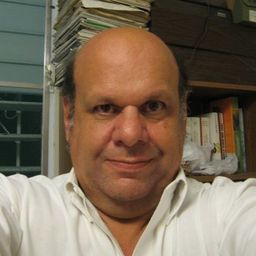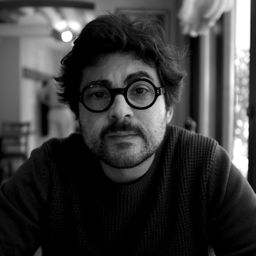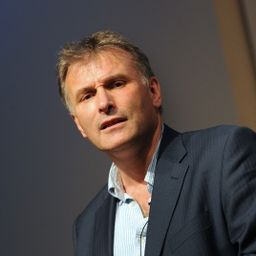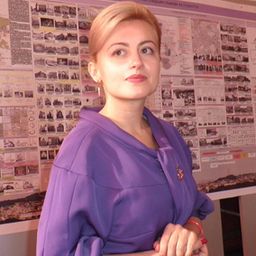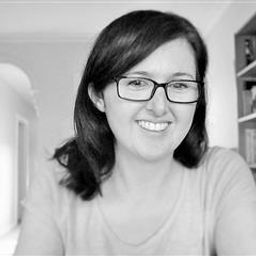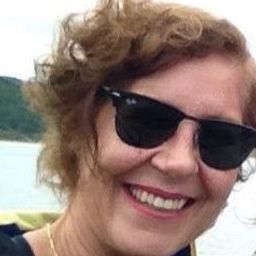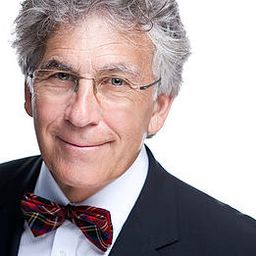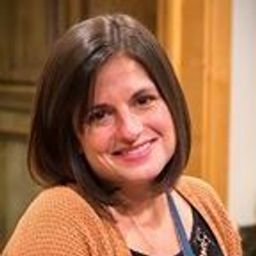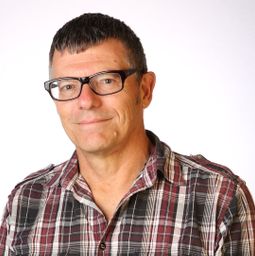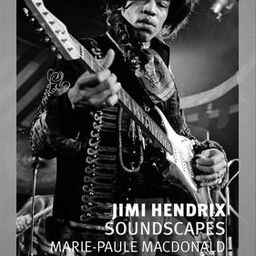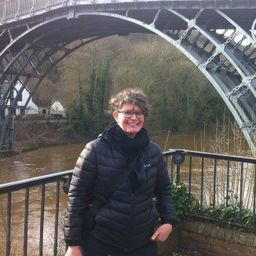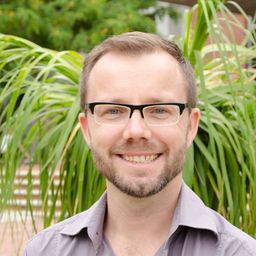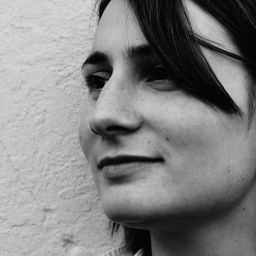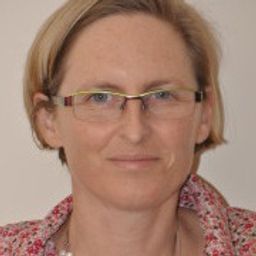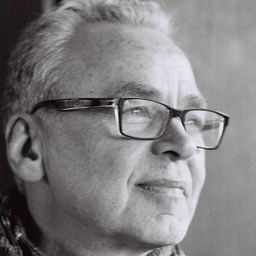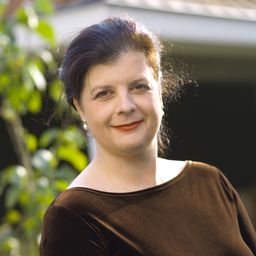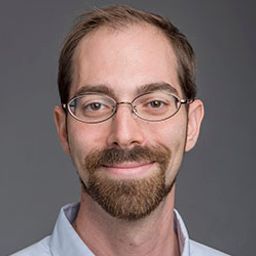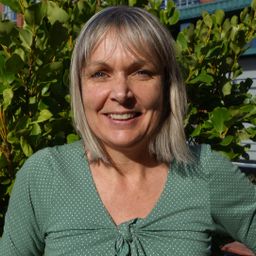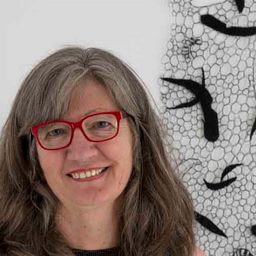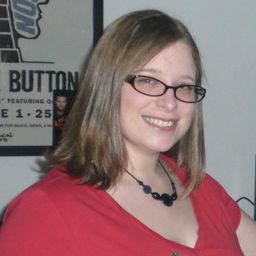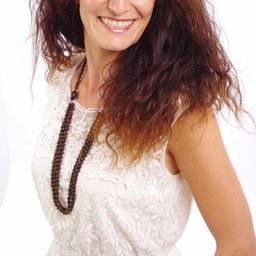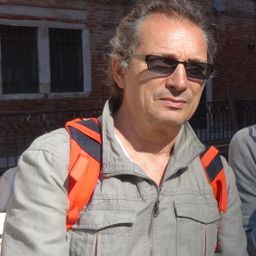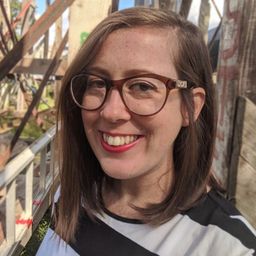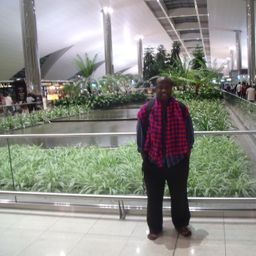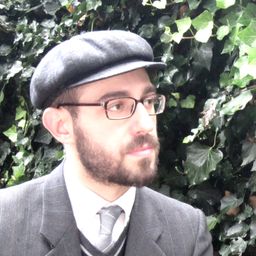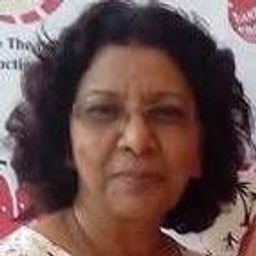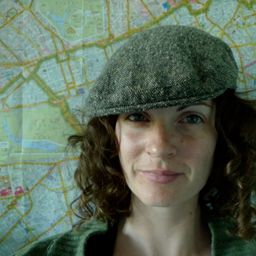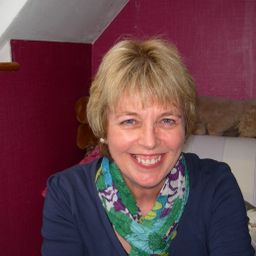Public Debate: Heritage and Tourism | Débat public: Patrimoine et tourisme

Mon statut pour la session
What does heritage change for tourism? | Le patrimoine, ça change quoi au tourisme?
Ce débat veut interroger les relations entre le tourisme et le patrimoine et dépasser ainsi les idées reçues sur l'antagonisme entre le tourisme "corrupteur" et le patrimoine qui en serait la victime. Il s'agit donc de repenser le tourisme comme un réel acteur du patrimoine, de sa valorisation et de son appropriation, y compris par les populations locales. Cela présuppose, au premier plan, de distinguer le patrimoine au sein de l'offre très générale du tourisme culturel : en effet, le patrimoine, en un lieu, crée de la désirabilité et de l'appartenance, car il implique l'historicité et la longue durée de ce lieu et du milieu qu'il conditionne.
Cependant, le patrimoine provient aussi de mécanismes institutionnels de sélection et de valorisation très hiérarchisés et hermétiques, sur lesquels les acteurs de l'industrie touristique se sentent rarement justifiés d'intervenir, contrairement, par exemple, à l'offre constituée par les évènements ou la gastronomie. Et si l'on invitait l'industrie touristique à la table des décisions sur le patrimoine?
En partant du constat de l'accroissement généralisé de la mobilité, à l'échelle internationale, de la disparition des références communes entre les touristes et ceux qu'ils visitent, mais aussi du rôle souvent capital du tourisme dans la reconnaissance, non seulement des destinations, mais aussi des milieux de vie, l'on considérera entre autres les questions suivantes,
Comment le patrimoine s’avère-t-il stratégique dans le positionnement touristique de destinations ?
Quels sont les enjeux du recours au patrimoine par l’industrie touristique ?
Quels sont, s’ils existent, les éléments patrimoniaux privilégiés par les touristes ?
Faut-il changer le discours sur le patrimoine pour intéresser de nouvelles générations de touristes ? Comment le tourisme peut-il être un allié du patrimoine ?
Comment l’industrie touristique peut-elle participer aux choix sociaux qui concernent le patrimoine autrement qu’en étant simplement le spectateur de connaissances produites ailleurs ?
Peut-on concilier les besoins sociaux et culturels des détenteurs du patrimoine, les résidents d’un endroit, et ceux des visiteurs?
L'on veut, tout particulièrement, intégrer les acteurs de l'industrie touristique dans les choix sur le devenir, sur la protection et sur la transmission du patrimoine, et dans la réflexion fondamentale sur les manières dont le patrimoine peut réellement entrer dans la vie des habitants d'un lieu et concourrir au développement des sociétés contemporaines.
__
This debate will seek to question the relationship between tourism and heritage and as such overcome popular beliefs about the antagonism between tourism as a “corrupter” and heritage as its victim. It will thus consist of rethinking tourism as a genuine actor in heritage, of its development and its appropriation, including by local populations. This will presuppose, at the forefront, to distinguish heritage within the very general offering of cultural tourism: in effect, heritage, in a place, creates desirability and belonging because it implicates the historicity and longevity of this place and the environment that it conditions.
Yet heritage also derives from institutional mechanisms of selection and development that are very hierarchical and hermetic, in which the actors of the tourism industry rarely feel justified to intervene, compared to, for example, the offering constituted by events or gastronomy. But what if we invited the tourism industry to the table in terms of heritage decisions?
In a departure from the analysis of the widespread growth of mobility on the international scale, from the disappearance of common references between tourists and those that they visit, but also from the often capitalist role of tourism in the recognition, not only of destinations, but also of living environments, we will consider the following questions, among others:
How does heritage prove itself to be strategic in the touristic positioning of certain destinations?
What are the issues in the recourse of heritage by the touristic industry?
How are, if they even exist, heritage elements privileged by tourists?
Must we change the discourse on heritage to interest new generations of tourists? How can tourism become an ally of heritage?
How can the touristic industry participate in the social choices that concern heritage other than by being simply the receptor of knowledge produced elsewhere (by the ministry of culture, etc.)?
Can we reconcile the social and cultural needs of the bearers of heritage, the residents of a place, and those of visitors?
We would like, in particular, to integrate the actors of the touristic industry in the choices of the future, on the protection and on the transmission of heritage, and in the fundamental reflection of the ways in which heritage can truly enter into the lives of the inhabitants of a place and take part in the development of contemporary societies.
__
Un lunch sera servi | A lunch will be served
